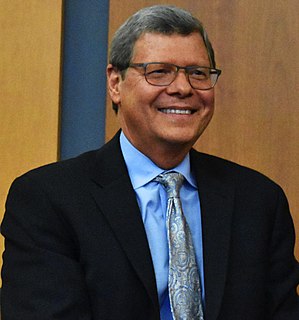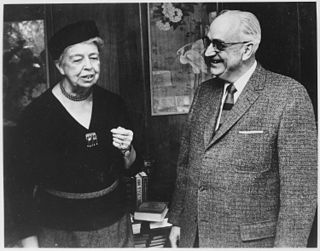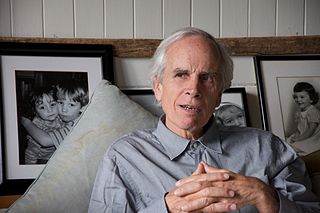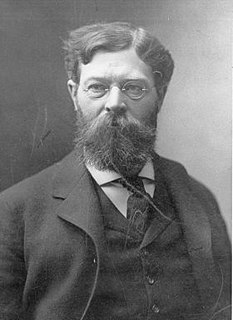A Quote by Naomi Wolf
Since Reagan there has been this tradition, which has become a cliche, of promising morning in America, this fake optimism, we're the best, the city on the hill. In fact the great American task is self-scrutiny.
Related Quotes
It is easy for Americans to forget a simple fact that is very clear to the people around the world that yearn to live in this country: America is the best country in the entire damn world! It deserves to be made great again, because America is, in the words of President Ronald Reagan, 'the last best hope of mankind.'
Trump's vision for America parallels greatly with the vision that Ronald Reagan used and he implemented to revive the country during a very similar time where we had a president who told us that we were in a time of malaise in the American economy and that things are just gonna be that way for a while. Reagan steps up in that great first inaugural address and says, "And why shouldn't we dream great dreams? After all, we're Americans." And the American people came roaring back, the American economy came back.
Ronald Reagan's legacy is deeply misunderstood because there are political actors in America who, for several reasons, have privately held agendas that they want to sell to the American public in the most appealing way possible. They often find the best way to do that is to package their product with the Reagan brand.
Unsatisfied desire is the characteristic feature of human life. That is the common fact out of which both pessimism and optimism are constructed. Dwell on the impossibility of ever getting a state of complete and permanent satisfaction with what you have, and you become a pessimist. Dwell on the opportunity for endless growth and conquest which this same fact makes possible, and you become an optimist.
Does people not asking me about Asian American literature mean they don't see it as its own literary tradition? I certainly believe in it as its own literary tradition, because your race plays a great factor in how you are seen by the world, and how you see the world; the fact that I'm an Asian American isn't incidental to who I am as a writer. Where it becomes difficult is defining what, if anything identifiable at all, makes an Asian American book an Asian American book, other than the fact of its creator being Asian. And I'd argue that there is nothing identifiable beyond that.
Since I live part of the year in Italy, I live in a society in which I'm the optimistic American relative to the people who I'm around there. And that has actually brought to my attention the fact that I do have some sort of optimism and has made me think about it enough that I can attempt an answer.

































